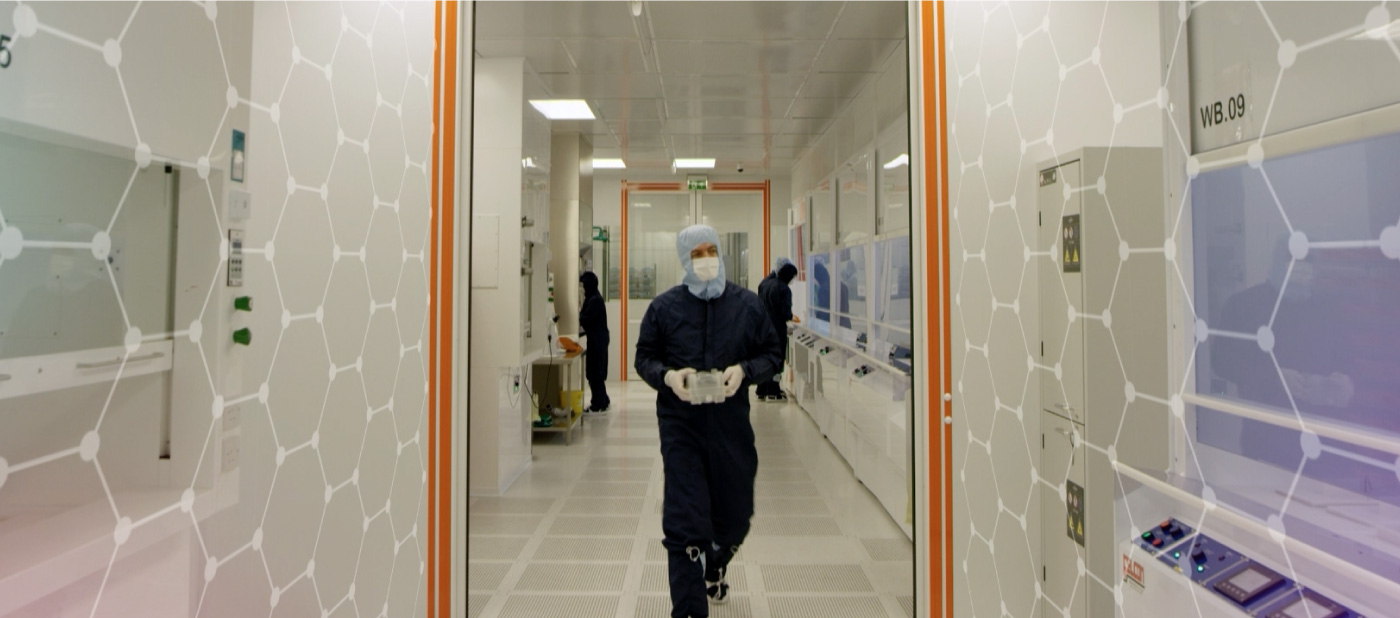Henry Royce Institute Researchers based at the University of Manchester, Professor Anthony Green, Royce Technology Platform lead for Automatic Engineering of Biology for Materials Discovery and Professor Michael Shaver, the Director of the Royce Sustainable Materials Innovation Hub are recipients of funding from UKRI’s Engineering Biology Hubs and Mission Award Projects which will deliver on the government’s National Vision for Engineering Biology.
Professor Shaver and Dr Lu Shin Wong, Senior Lecturer in Chemical Biology and Biological Chemistry of the Manchester Institute of Biotechnology are a Co-Investigators on a Mission Hub led by the University of Portsmouth looking into how engineering biology can tackle plastic waste. The University’s Centre for Enzyme Innovation is leading the new Hub for Preventing Plastic Pollution with Engineering Biology (P3EB). It is aimed at transforming end-of-life plastic waste using cutting-edge engineering biology technologies and so reducing the amount destined for landfill, for incineration, or being discarded into the environment.
Professor Shaver said:
“The challenges around plastics are multi-faceted and interdisciplinary. Engineering biology can have a key role to play in tackling these challenges at end of life, but only if done in an inherently sustainable way. It’s great to be involved in a project like this so we can bring our experience on plastics waste management and policy levers to help develop solutions that avoid unintended consequences and promote circular, sustainable futures.”
Professor Anthony Green, Dr Sarah Lovelock, and Professor Patrick Cai of the Manchester Institute of Biotechnology, received a Mission Award for a project that will engineer biological systems to enable economical production of functionalised proteins including biopharmaceuticals and industrial biocatalysts.
Anthony Green, who is also Professor of Organic and Biological Chemistry at the Manchester Institute of Biotechnology said:
“I am excited to be part of this multidisciplinary project, which brings together the engineering biology expertise and infrastructure of our project partners to enable economical and sustainable production of precisely functionalized proteins. The tools and methods developed will underpin the production of new industrial biocatalysts, biopharmaceuticals and biomaterials to help meet societal needs.”
The Hubs are funded for five years through UKRI and the Biotechnology and Biological Sciences Research Council (BBSRC) and are a collaboration between academic institutions and industrial partners. The Mission Award Projects are funded for two years. These projects will expand upon our current knowledge of engineering biology and capitalise on emerging opportunities.
Engineering biology has the potential to tackle a diverse range of global challenges, driving economic growth in the UK and around the world, as well as increase national security, resilience and preparedness.



